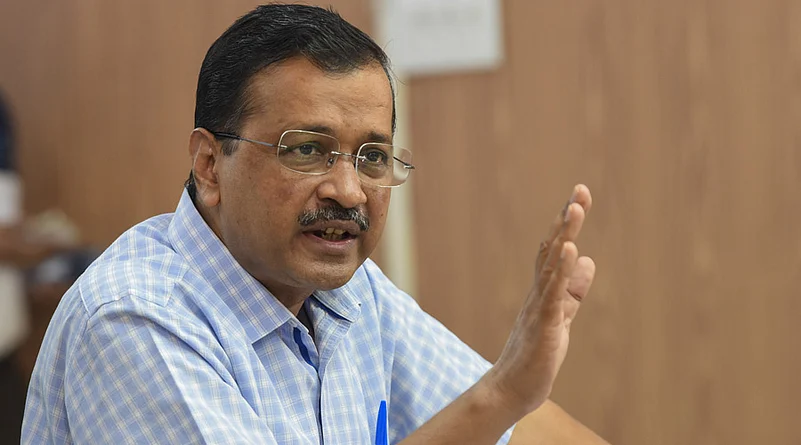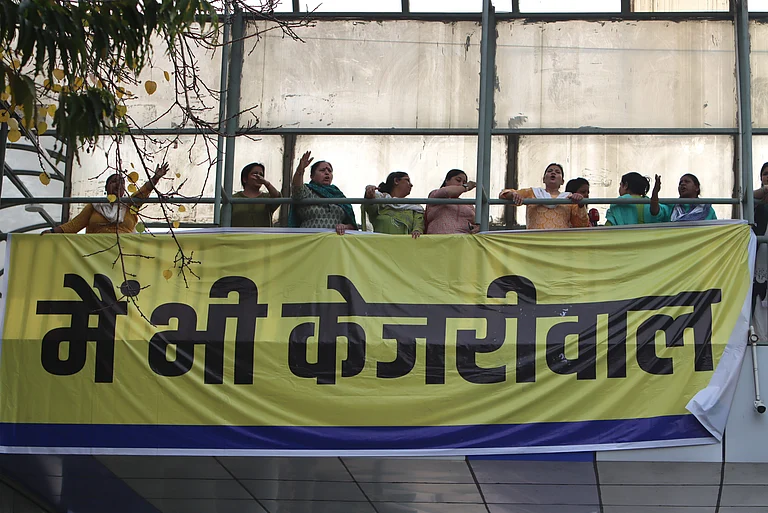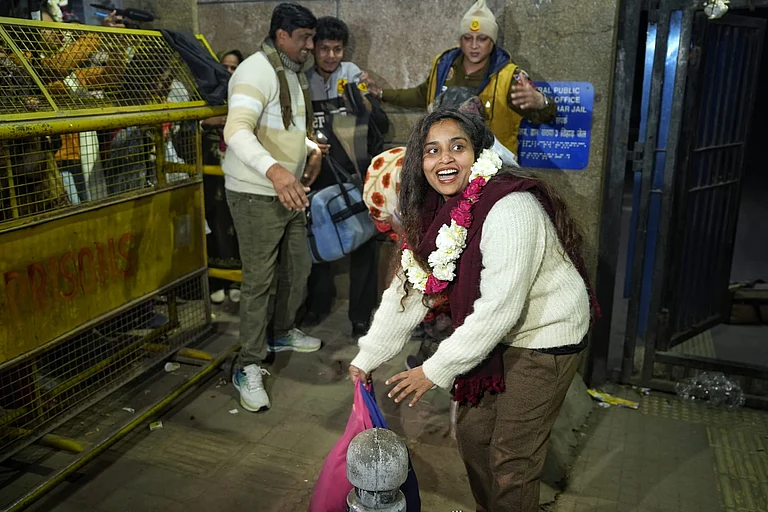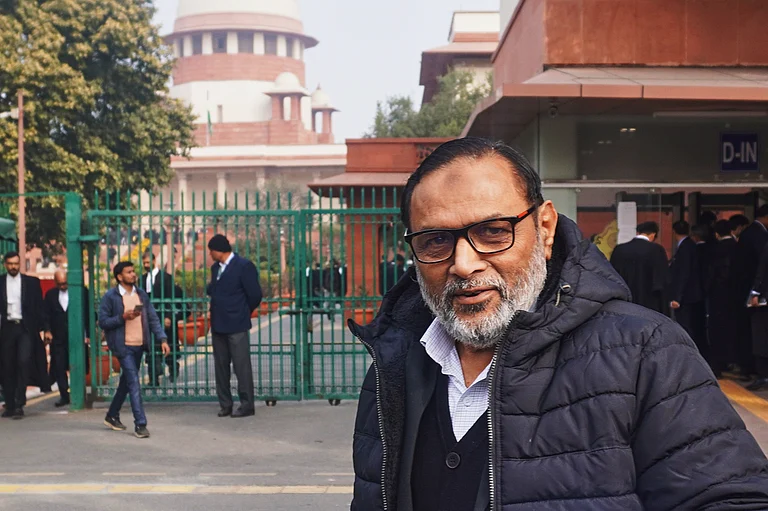The Supreme Court on Friday reserved its verdict on Delhi Chief Minister Arvind Kejriwal's challenge to his arrest by the central probe agency Enforcement Directorate (ED) in a money laundering case linked to the alleged excise scam. However, the Delhi chief minister has been granted liberty to move the trial court for regular bail.
A bench of Justices Sanjiv Khanna and Dipankar Datta reserved its judgement after hearing senior advocate Abhishek Singhvi and Additional Solicitor General SV Raju, who appeared for Kejriwal and the Enforcement Directorate, respectively.
What all did the Supreme Court say?
The bench in its order said,“Arguments heard. Judgement reserved. Notwithstanding the same, and without prejudice to rights and contentions, the appellant can move the trial court for grant of bail in accordance with law.”
The top court perused the case files and statements of the witnesses and accused recorded after October 30, 2023, the day senior AAP leader Manish Sisodia's bail plea was rejected. Sisodia is an accused in both the corruption and money laundering case linked to the alleged scam.
Kejriwal in custody
In connection to a money laundering case linked to the now scrapped Delhi excise policy case, the Delhi chief minister was arrested on March 21 in which the apex court granted him an interim bail from May 10 to June 1 for campaigning in the Lok Sabha elections. It ordered him to surrender on June 2 and go back to jail.
The court, however, barred Kejriwal from visiting his office or the Delhi secretariat, and signing official files unless absolutely necessary for obtaining the lieutenant governor's approval.
The matter relates to alleged corruption and money laundering in the formulation and execution of the Delhi government's excise policy for 2021-22, which has now been scrapped.





























